In the opening sequence of the Telugu movie Ustaad, written and directed by first-timer Phanideep, a young father (Venkatesh Maha in a cameo) tells his wife Gayathri (Anu Hasan) that it is important to give their son moments to cherish. The setting is Jadcherla in Telangana, on the outskirts of Hyderabad. The father pronounces moments as ‘movements’ and is charmingly corrected by his wife who is a teacher. The boy is fascinated by a kite flying high but discovers that he has a fear of heights. Can that hold him back from dreaming? Ustaad is the story of this boy, Surya (Sri Simha Koduri), who conquers acrophobia to become a pilot with his bike ‘Ustaad’ playing a catalyst in his journey. There’s another love story — between Surya and Meghna (Kavya Kalyanram) — but the Surya-Ustaad story is the spine of the film.
Ustaad is a film that is aware of its limitations of scale. It is also aware that its strength lies in characters that are relatable. There is no glossing over everyday situations. The households, neighbourhoods, streets, and bazaars have a lived-in and close-to-real quality.
Ustaad (Telugu)
Cast: Sri Simha Koduri, Kavya Kalyanram, Gautham Menon, Anu Hasan
Direction: Phanideep
Music: B Akeeva
Storyline: A coming-of-age story of a pilot who retraces his favourite bike that has been a witness to his personal and professional journey
Phanideep unravels the story through a flashback, narrated by first officer pilot Surya to captain Joseph D’Souza (Gautham Vasudev Menon). A fleeting scene later in the film reveals Surya’s full name as Surya Sivakumar. Perhaps this was Phanideep’s way of doffing his hat to director Gautham Menon and one of his favourite actors, Suriya Sivakumar.
Like a few other Telugu films in the last couple of years, Phanideep too chooses to set his story at a time before the overdose of digital communication. He chooses the mid-2000s to show the charm of letters, landline phones, and SMS to add warmth to the Surya-Meghna romance. The 2000s setting also lets him tip his hat to Mani Ratnam’s Alaipayuthey (Sakhi in Telugu) by conjuring up an entire sequence in which Surya travels to Araku Valley just to tell Meghna how much he loves her. The segment comes across as cinematic rather than as an organic trajectory of events, but manages to retain some charm.
The narrative establishes that Ustaad is Surya’s first love by designing a love-at-first-sight sequence when the 19-year-old Surya first spots the bike at a scrapyard. Who ever thought a bike would get a heroine-like introduction with a rain sequence? Maybe this harks back to the director’s memories of his bike and is his ode to boys and their favourite bikes. One of the best segments of Ustaad is the bike halting in the middle of nowhere and the situation prompting Surya to scale the rocky terrain, unmindful of his acrophobia, and learning that he wants to conquer the skies.
The story appears simple on the surface but as the layers get peeled, it delves deeper into the mindsets of its characters. Anu Hasan is endearing as a level-headed, progressive single mother who adores her son but never hesitates from showing him the mirror to his shortcomings. Simha is convincing, portraying the transformation of a boy prone to aggression to one who matures up to take the rough things in his stride.
After Balagam, this is another impressive performance by Kavya Kalyanram. Though the romance could have benefitted from better writing to make us empathise with the characters, Kavya makes good use of the material given to her and portrays a determined yet vulnerable young woman with finesse. Ravindra Vijay as an alcoholic mechanic who is Ustaad’s only hope, and Ravi SivaTeja who plays Simha’s friend, also deserve a mention.
The drama loses steam after a point and the writing resorts to cinematic overtures and convenient coincidences in the final segment. Had this portion been conceived better, it would have been a befitting end to the coming-of-age story. Ustaad also feels overdrawn and could have benefitted with some trimming.
Such missteps prevent Ustaad from soaring high. Nevertheless, the crux of the narrative is engaging and has moments to savour.

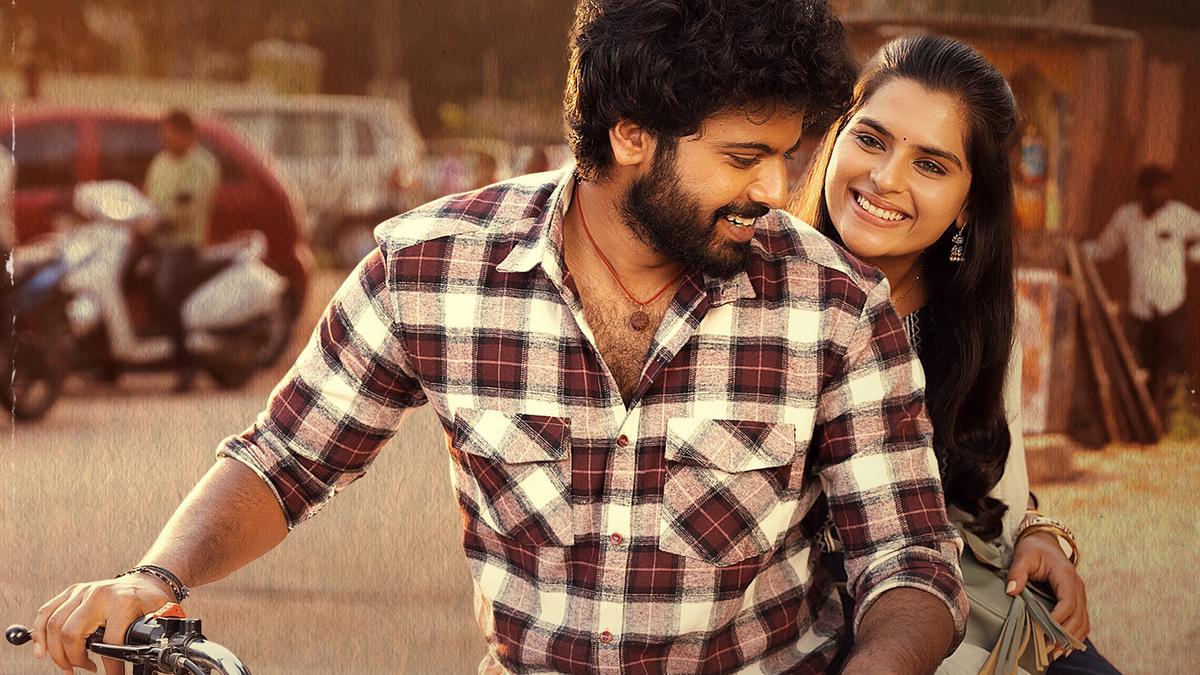



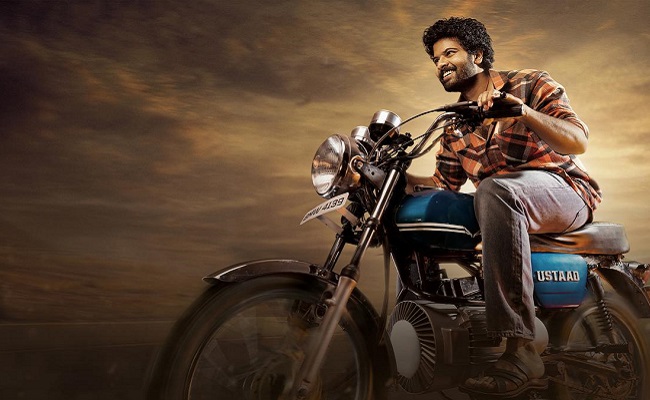
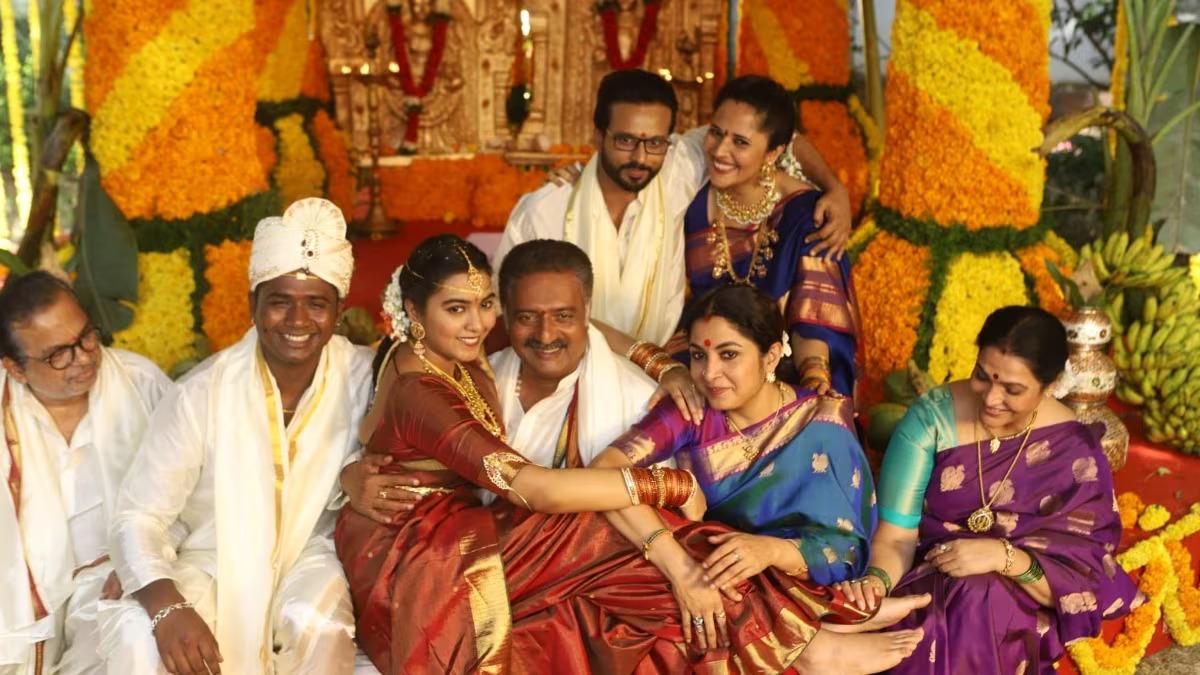




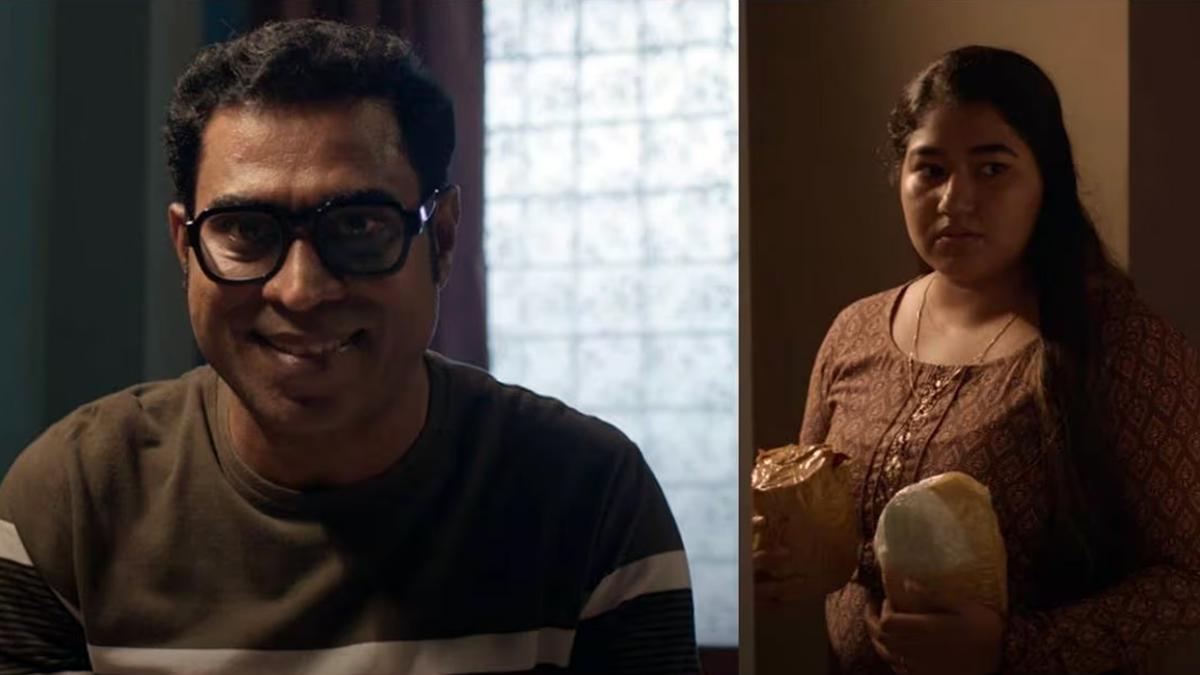


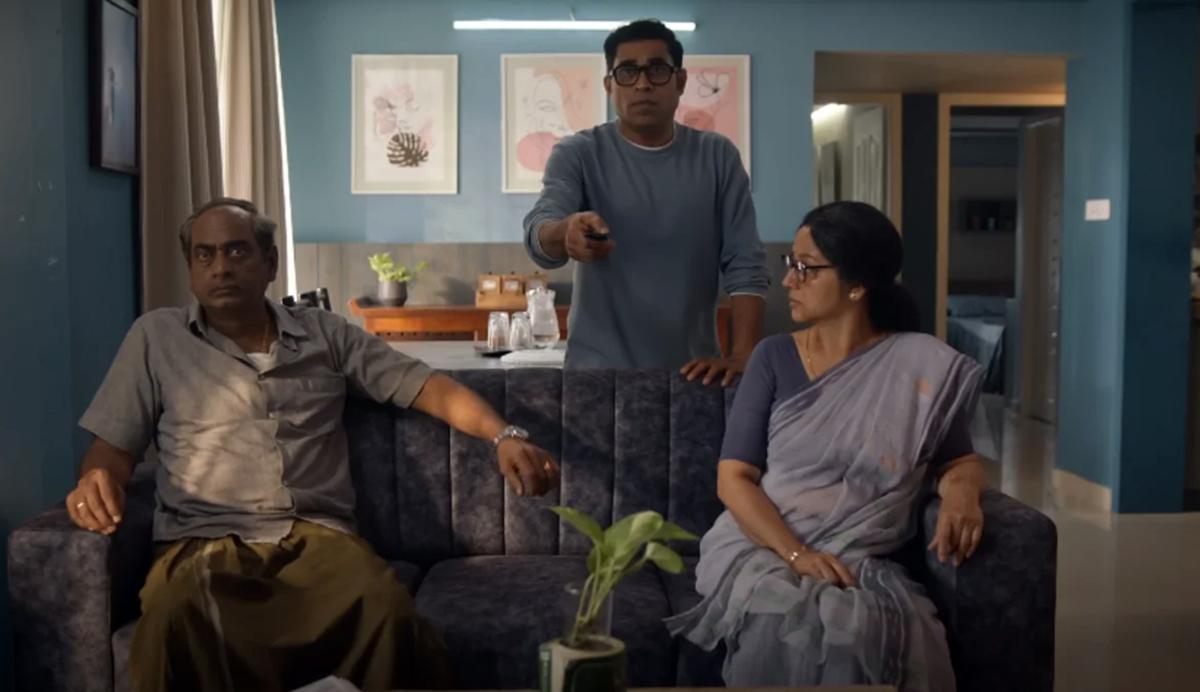
















/cdn.vox-cdn.com/uploads/chorus_asset/file/25782636/247422_ChatGPT_anniversary_CVirginia.jpg)
/cdn.vox-cdn.com/uploads/chorus_asset/file/25789444/1258459915.jpg)

/cdn.vox-cdn.com/uploads/chorus_asset/file/25546252/STK169_Mark_Zuckerburg_CVIRGINIA_D.jpg)


/cdn.vox-cdn.com/uploads/chorus_asset/file/23951353/STK043_VRG_Illo_N_Barclay_3_Meta.jpg)